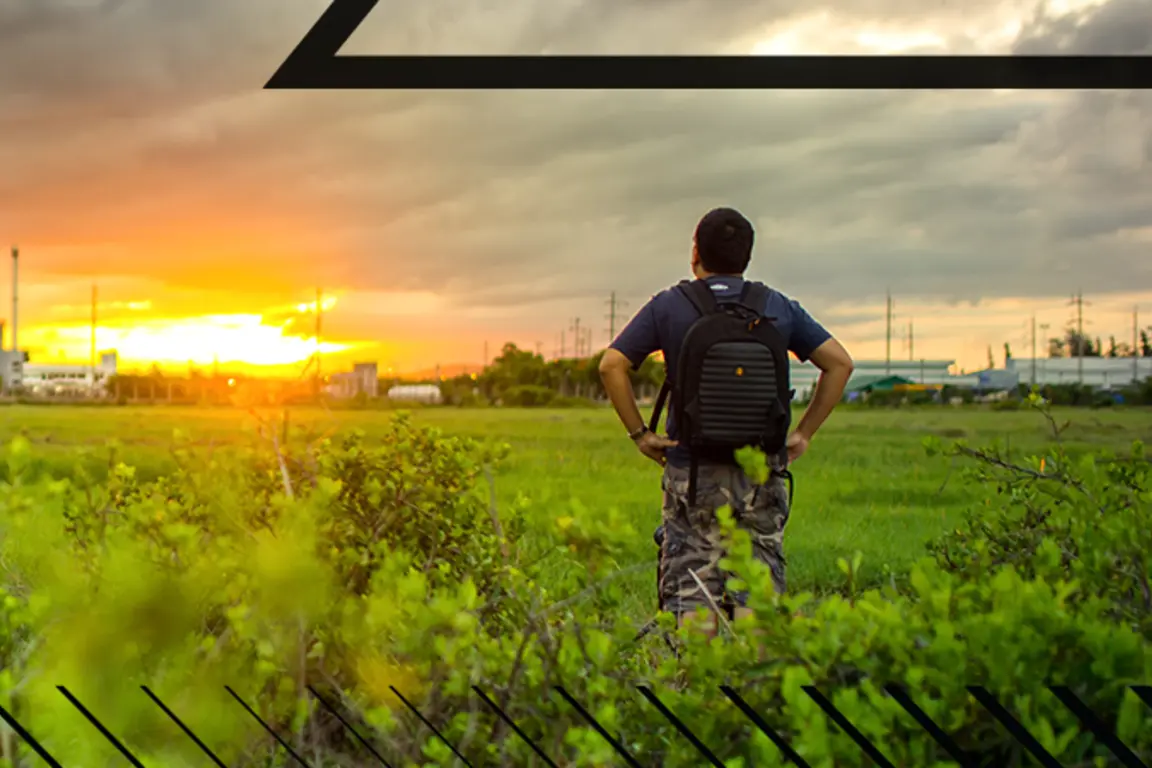Crystal Doors
Crystal Doors, a small Rochdale-based manufacturer of vynil-wrapped doors and windows now employing 30 people, will have achieved net zero in just a few years and has become a leader in climate action.
In 2013, Crystal Doors were turning over £ 1.8M and had with 18 employees. Heating costs (using a 300KW air burner) and landfill costs of the waste they were generating were adding up to a cost of £39,000/year. They were also under serious competition threat from a large company who had adopted IR4.0 to significantly increase their productivity and reduce their operating costs. Crystal Doors realised that taking advantage of the Renewable Heat Incentive (RHI) would save them these £39,000 and generate £60,000 worth of heat, enough for their factory and their offices.
They borrowed £ 0.5 M to install a biomass burner, which would be paid back in 6 years thanks to the new investment and savings. Initially their planning application for the biomass burner was refused, and they had to wait 2 years before they could meet the conditions set by the Environmental Agency. During this time, they came into serious competition threat from large company, so it became a matter of survival to make significant improvements to their factory and fleet. Having seen how significantly IR4.0 had reduced their competitor’s costs and increased their productivity, they decided to invest in digital technologies. Apart from improving their production, this also enabled them to obtain quickly the permission for a new dust extractor, through the monitoring and control of dust emissions into the environment.
Dedicating 10% of their turnover over 5 years to achieve their goal enabled them to invest another £1 million in assets, training and other improvement. This may sound a significant outlay but most of these investments are actually cash flow neutral or positive: the biomass burner generates £60,000 a year through the Renewable Heat Incentive (RHI) scheme, which are re-invested in further improvements. The 246kW rooftop solar PV array is being paid for with a cash flow neutral loan over 6 years using the savings on their electricity bills. They also generate income through the Feed-in Tariff (FIT) and Smart Export Guarantee (SEG) schemes. Their LED lighting system is being paid for through electricity savings. In 2020, they decided to go further and declared a climate emergency, committing to a bold and radical plan to reach net zero by 2022, covering their supply chain (scope 3) emissions, by offsetting the emissions they cannot get rid of through local nature-based solutions (planting trees). As a result of these measures their carbon footprint has reduced by over 75% since 2015 and they will become Net Zero in less than 2 years. They have become a lot more efficient, more competitive and have created more jobs. This strategy shows that you don’t need to be a large business with significant funds to go zero carbon.

